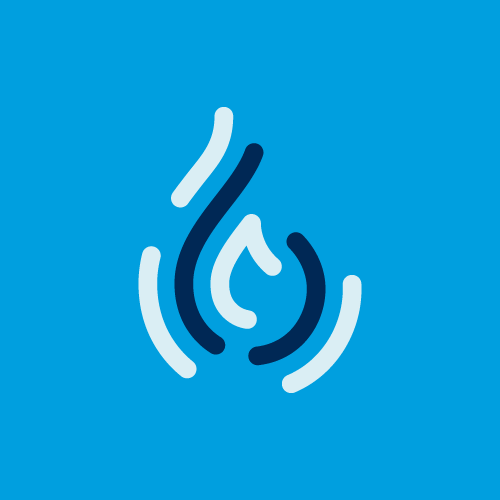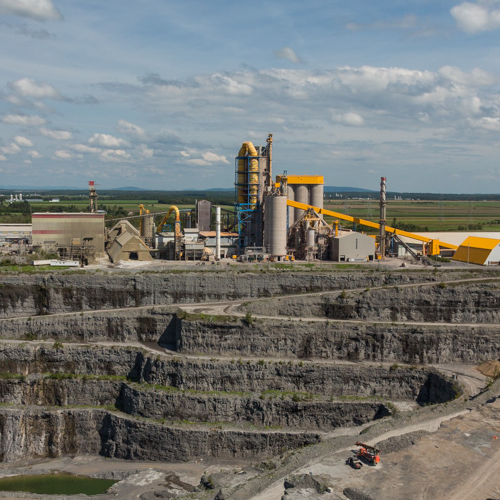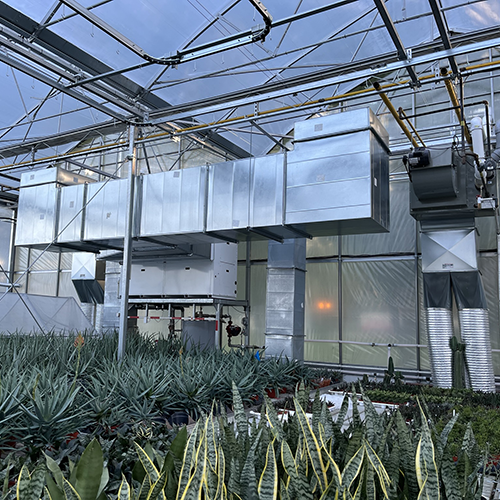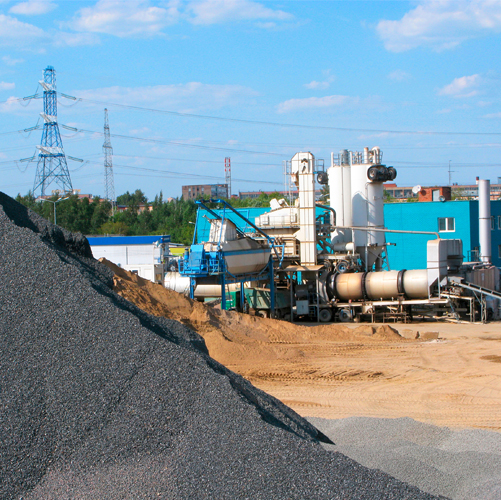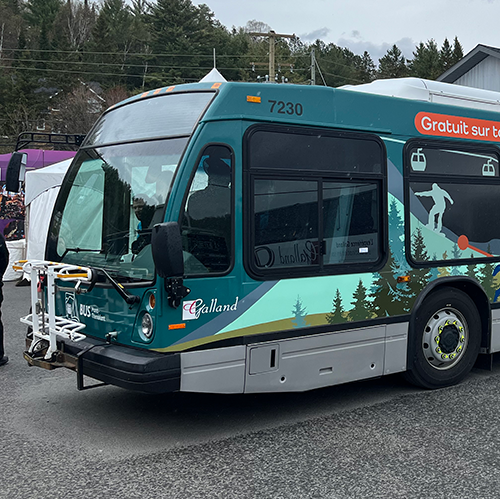In summer 2016, after discussions, questions and some hard thinking, the Régie du bâtiment du Québec (RBQ) issued its notice concerning natural gas-powered emergency generators: “The decision not to provide a fuel reserve onsite and to fuel an emergency generator via a natural gas network is the responsibility of the project’s design engineer and specialized contractors. These individuals must consider the risks and advantages of each option based on the project’s context and the available solutions.”
Put in other terms, it is now possible to choose natural gas, a power source with a high reliability rating, for fuelling standby generators. It should be noted, however, that there is currently no standard for comparing the reliability of different combustible fuel sources for generator motors.
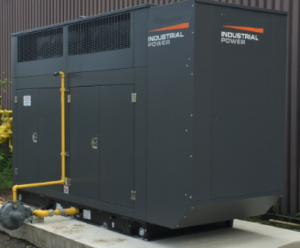
Regulatory framework
Back-up electrical power supply for buildings is generally governed by CSA C282-09. The RBQ’s notice aims to demystify two articles of the standard and an explanatory note that can be summarized as follows:
- 7.3.1.1, which requires a fuel reserve capable of providing two hours of full-load operation to be set up near the generator.
- 7.3.2, which permits emergency generators to be fuelled through a public utility network without the need for a two-hour fuel reserve on-site, provided that the reliability of this fuel supply can be demonstrated to the RBQ.
- Appendix B.9: the project’s design engineer and the public utility service are responsible for demonstrating this, taking into account the public utility’s reliability, all aspects related to the building’s geographic location and the nature of the project.
It should be noted that this RBQ notice does not apply to B2-classified treatment facilities as defined in the Québec Construction Code. These buildings are also defined as Class A, B or C health care facilities in CSA-C282 and are subject to CSA Z32-09, “Electrical safety and essential electrical systems in health care facilities.”
In the notice, the RBQ warns that, whatever the fuel source, there is no such thing as zero risk. Nor is reliability just a matter of figures: it is also the many small, concerted actions that, taken together, will optimize the availability of gas and the safety of the beneficiaries in an emergency situation. Furthermore, the RBQ does not want to receive an application for each natural gas emergency generator to be installed. The RBQ’s July 2016 notice included guidelines to optimize the safety of this approach. In terms of installing natural gas emergency generators, the Régie also imposed certain conditions and procedures on Gaz Métro, interested customers and their design engineers and contractors.
RBQ requirements
This approach is based on the rigorous application of recognized best practices in gas network management, maintenance and implementation by Québec natural gas distributors. However, the RBQ has imposed additional requirements upon natural gas distributors for installing natural gas emergency generators.
Obligations for natural gas distributors
To ensure reliability, Gaz Métro must, in addition to respecting “network” standards:
- Ensure the autonomy of its distribution regarding the uncertainties of electrical distribution.
- Ensure that the natural gas supply for an emergency generator meets the distribution quality criteria.
- Maintain an inventory of emergency generators that rely on its network. This inventory could be used as an emergency decision-making tool if required.
- Maintain statistics on the reliability of its network overall and by main region. For the record, over the last five years, the Gaz Métro network’s average reliability rating has been 99.99988%.
- Carry out a compatibility check of the network segment and meter/regulator fixtures with the addition of the emergency generator.
- Lastly, for each application accepted, Gaz Métro will issue a specific letter informing the applicant of the reliability of its network for the region concerned.
Obligations for customers and their design engineers and contractors
Customers may ask their design engineer to check the possibility of having a natural gas emergency generator. Here are the steps to follow:
- File an application with Gaz Métro by filling out the appropriate form. We suggest that you make the application through a Gaz Métro representative.
- Ensure that you have received Gaz Métro’s letter of reliability, signed by an engineer.
- Check with the municipality’s fire department for any additional requirements to be met.
- Take the steps needed to ensure that the emergency generator meets the conditions of the following codes:
- Independent supply line from the outside clearly identified

Signs to be affixed to the natural gas emergency generator and its emergency valve - Layout near the building connection designed so as to easily identify valves to use to enable other equipment to be stopped
- Protection of the gas line supplying the generator with a two-hour fire resistance rating
- Sensing switches for detecting open valves and that can interrupt the generator’s gas supply are provided and connected so as to emit an alarm
- Independent supply line from the outside clearly identified
- Clearly indicate the natural gas emergency generator’s supply line layout and location of its valve in the emergency measures plan.
- The customer or building manager must keep a copy of all letters and correspondence pertaining to this matter on hand for consultation.
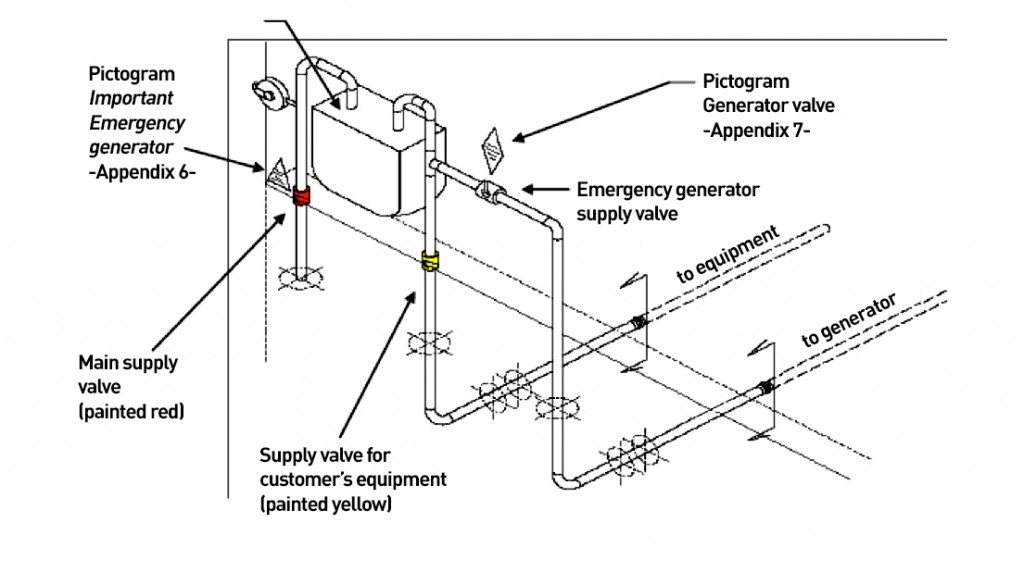
To conclude, customers not wishing to manage a diesel tank and who would like a single back-up generator able to maintain their operations during a power outage while responding to emergency needs would benefit from having a natural gas generator.
Moreover, in Gaz Métro’s view, the RBQ’s conditions are perfectly appropriate since, in an emergency situation, over and above equipment reliability, human safety will depend on the information held by stakeholders.
For any questions, don’t hesitate to communicate with your customer’s Gaz Métro representative.
Charles Côté, Eng.
DATECH Advisor – Technologies, Codes & Standards
1 Ref.: https://www.rbq.gouv.qc.ca/batiment/les-renseignements-techniques/alimentation-des-generatrices-de-secours-de-batiments-au-gaz-naturel.html (in French)
Continue reading




